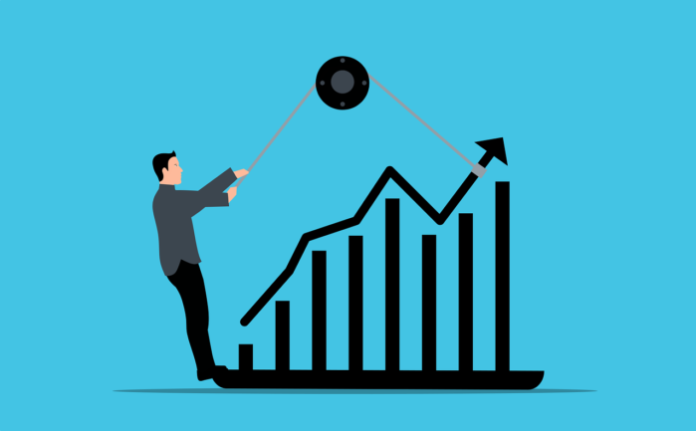By Ravi Kumar Gupta
Employee satisfaction, great customer service and good office organization are the goals every business is trying to achieve. These are also known as key performance indicators (KPIs) and are an essential part of successful businesses, as they are “a set of measures focusing on those aspects of organizational performance that are the most critical for the current and future success of the organization”.
A KPI software is used to manage, measure and monitor performance within a business. It gives both employers and employees a clear insight into which steps need to be taken in order to improve their overall organization. If you want to take your small business to a whole new level and have long-term success guaranteed, you need to be acquainted with all the benefits KPIs can bring, and we will help you focus on them!
What Are KPIs?
According to the definition, “a Key Performance Indicator is a measurable value that demonstrates how effectively a company is achieving key business objectives”. The term “measurable value” is the main focus here, as KPIs provide a clear-cut measure of your progress. KPIs are designed to highlight any issues and let you resolve them in a timely manner.
Why Use KPIs?
Reportedly, small businesses that are keeping track of their KPIs on a regular basis have twice the possibility of hitting their targets. That is why you should consider implementing a KPI software as soon as possible and watch how everything falls into place.
If you are a solo entrepreneur, you probably need to do several different jobs by yourself and that can be quite overwhelming, especially when you don’t know which of those tasks are the most crucial ones for your success.
Using a KPI software will let you set and keep track of your KPIs. If set properly, they will show which elements are the most important for your business at the moment and thus enable you to prioritize and dedicate your time to what matters the most.
On the other hand, if you have some employees, KPIs can enable them to stay focused on what’s important. In addition, they can help you manage them in a more effective way. As people usually like to be clear about what is expected of them, KPIs can help by setting explicit expectations.
How can small businesses benefit from KPIs?
1. Better monitoring and tracking
Setting KPIs properly will give you a chance to track the results of your activities and make the needed adjustments and change your strategy if needed. This cannot be done effectively on spreadsheets. You should use a comprehensive KPI management tool like Spider Impact to allow you to set your goals, objectives and then KPIs. Upon setting KPIs, you should include sales volumes and dates, since KPIs might not be helpful enough until you have tried doing something for a longer period of time.
2. Early problem detection
Using KPI software will help you detect problems earlier than you normally would by simply relying on sales data. For instance, if your sales are at a high level, you may easily fail to acknowledge that you aren’t, in fact, reaching your desired profit because of return costs.
To avoid this, KPIs will ensure that you notice any potential issues regarding your service or production before the financial reports come in – these can also show that you haven’t been doing something right, but by then it will be too late to change anything.
3. Better marketing
To get the best out of your marketing techniques, you need to have an insight into which of your efforts are going as planned, and which are not, allowing you to make any necessary changes to increase your ROI. This is where KPIs come into play, enabling you to improve marketing flexibility for the best possible results.
How to Set KPIs
When setting your KPIs, you shouldn’t collect all of your data, as that can be very distracting and overwhelming. You should instead be selective and identify what the most important data is for your business.
First of all, you should have a list of your key objectives and then set KPIs to reflect every area in the order of importance. Then, after identifying what areas you need to focus on, you should choose which particular KPIs you want to measure. The things to aim for here are specificity and measurability.
After that, you have to define the parameters, as there should be a particular minimum number for each KPI. Ultimately, you must monitor your KPIs regularly and take necessary action whenever it is needed.
To sum up, after learning more about what KPIs are and what they can do for your small business in the long run, it is time to set them. Make sure you are tracking what’s important, and make sure that you are tracking and updating it regularly, and your small business will quickly achieve its target goals and became relevant on the market.
Find a Home-Based Business to Start-Up >>> Hundreds of Business Listings.















































